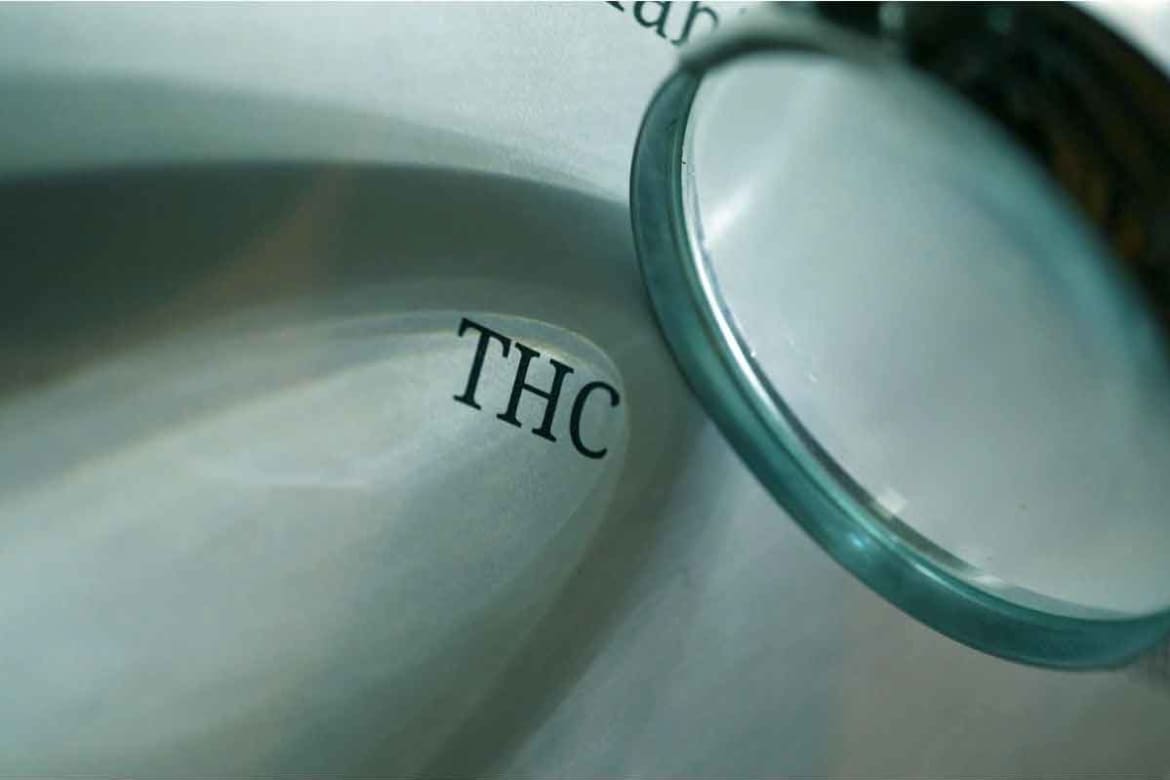THC Addiction Treatment Program
Recovery from substance use disorder is possible with evidence-based, holistic, and trauma-informed treatment. Call Hawaii Island Recovery at (866)-390-5070.
Get Help Today
Marijuana, or cannabis, contains tetrahydrocannabinol (THC), which is one of the main cannabinoids in marijuana and is responsible for causing psychoactive effects that alter an individual’s mental state. While still illegal in most states unless medically supervised and prescribed, marijuana has become more accessible over recent years. There are also many products in the market that contain cannabidiol (CBD), although neither THC nor CBD continued products are recommended or regulated by the FDA.
How Does THC Work?
Cannabis works as THC is quickly passed from the lungs into the bloodstream and impacts the cannabinoid receptor centers of the brain containing natural chemicals that react to THC upon exposure. As these centers of the brain are activated, an individual begins to experience what is referred to as a “high,” which is the reason many individuals continue using marijuana.
Is THC Addictive?
Marijuana is one of the most addictive drugs, after tobacco and alcohol, and is often referred to as the gateway drug to using more illicit substances that are equally, if not more addictive. In the case of addiction, individuals have to use their drug of choice in greater quantities and frequencies to experience the same level of effects, which is also known as tolerance. Increases in tolerance also typically involve dependence and addiction to a substance–a telltale sign that substance use disorder is present, especially for those who are genetically, environmentally, biologically at-risk for developing a substance use disorder.
In addition to having to use marijuana in increased amounts and becoming dependent on it, experiencing symptoms of withdrawal when not using cannabis, such as nausea, vomiting, loss of involuntary shaking, muscle tremors, increased anxiety and depression, and inability to concentrate, are also indicative that disorder is present. In order to end this cycle, access healing, and begin recovery, treatment at a rehab center that specializes in substance use disorders is essential.
Short-Term Sife Effects of THC
There are many short-term effects that the use of THC causes in addition to long-term effects that can form if use is continued over prolonged periods of time. Short-term effects include, but are not limited to:
- Altered sense perception (for example, seeing brighter colors)
- Altered sense of time
- Changes in mood
- Impaired motor skills and body movement
- Difficulty with thinking and problem-solving ability
- Impaired memory and functioning
- Delusions
- Psychosis
With continued use in greater amounts and over a prolonged period of time, detrimental long-term effects are inevitable.
Long-Term Side Effects of THC
One of the most dangerous long-term effects THC has on individuals is its impact on brain development. Continued use of marijuana leads to chemical imbalances in the brain that impact processes such as thinking, memory, learning, and how the brain builds connections between important areas of the brain.
Other long-term effects include:
- Breathing problems
- Increased heart rate
- Nausea and vomiting
- Hallucinations
- Paranoia disorganized thinking
- Sleep disturbances
- Prolonged and increased anxiety and depression
Without treatment, addiction to THC can lead to chronic mental, emotional, and psychological harm. In some cases, use can be fatal, especially in the case of overdose.
Treatment for THC Addiction
Recovery from substance use begins undergoing medically supervised detox, where individuals are supported in withdrawing from substances in their system in a supervised environment to keep themselves and those around them safe. Many individuals enter a residential treatment facility that specializes in the treatment of substance use disorders, where individuals are supported as they begin healing the roots of addiction in the first place and take the steps needed to recover and experience freedom in their lives.
At Hawaii Island Recovery, we offer treatment services ranging from supervised medical detox and residential care to outpatient and aftercare programming. After residential treatment programs are finished, it is important to transition to lower levels of care as you reintegrate into your life and sustain your recovery and sobriety. If lower levels of care are not transited to first, treatment is often not as effective and relapse is more common.
We are committed to providing you with the evidence-based, holistic, and trauma-informed care you need to continue making strides in your recovery and experiencing long-term healing. All of our treatment programs aim to support you holistically, in which your needs as a whole person are considered, seen, heard, and validated. You will also uncover the why of addiction, as well as your why for your recovery, which drives your innate ability to heal as you learn the tools needed to successfully maintain sobriety even after leaving treatment.
Residential Inpatient Drug Treatment in Hawaii
Hawaii Island Recovery is committed to supporting you as you face the roots of addiction through trauma-informed, holistic, evidence-based, and experiential therapeutic modalities as you heal from the inside out. Our luxury rehab in Hawaii is located on the Big Island, which is an ideal environment for healing as being in nature and surrounded by a peaceful environment fosters a successful recovery.
You will also be in the care of passionate and skilled staff who meet you where you are in recovery with acceptance and unconditional positive regard. We utilize a variety of evidence-based, holistic, trauma-informed, and experiential therapies in creating a customized treatment plan to support you as you heal and grow. You will not only experience healing but also be provided the space to create meaningful relationships and memories with your peers while surrounded by nature.
Recovery from substance use disorder isn’t meant to be done alone and healing is possible. Call Hawaii Island Recovery, a luxury sober living and recovery center located on the Big Island, at (866) 390-5070 to talk to our admissions team to begin your journey to recovery.
 Hawaii Island Recovery
Hawaii Island Recovery 









